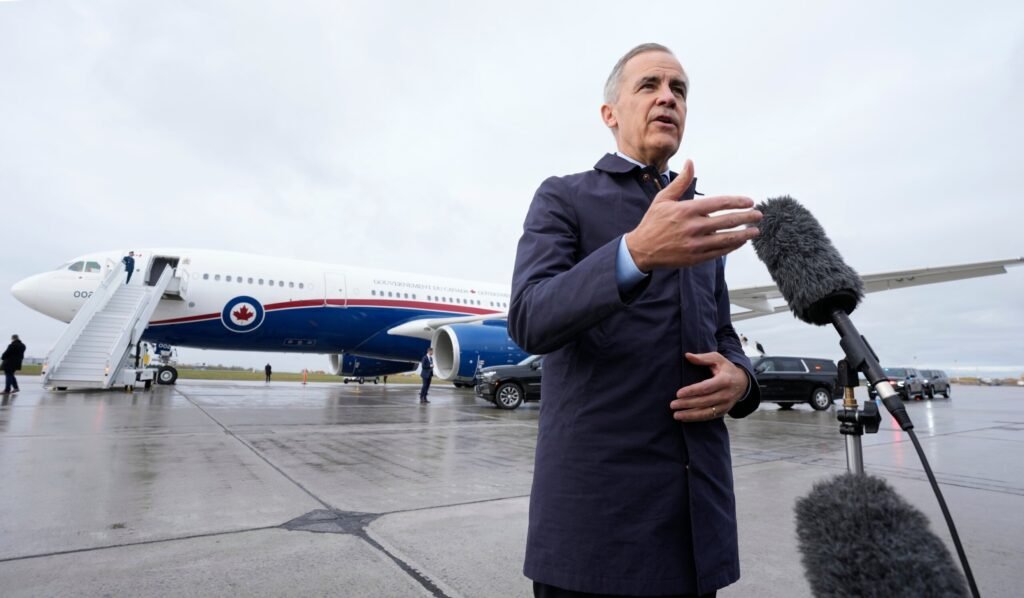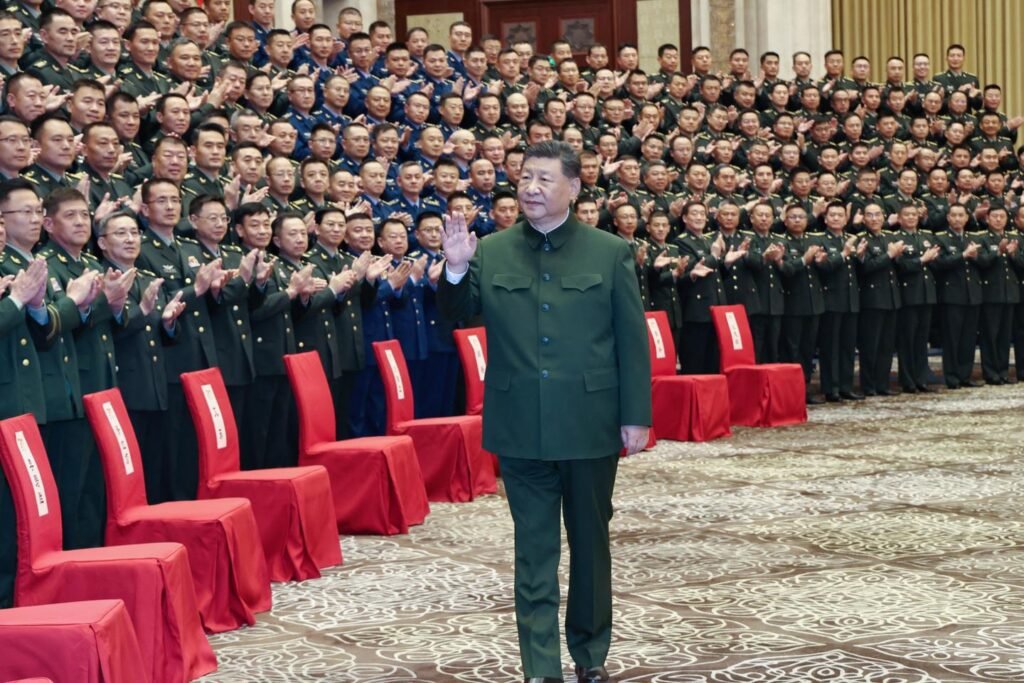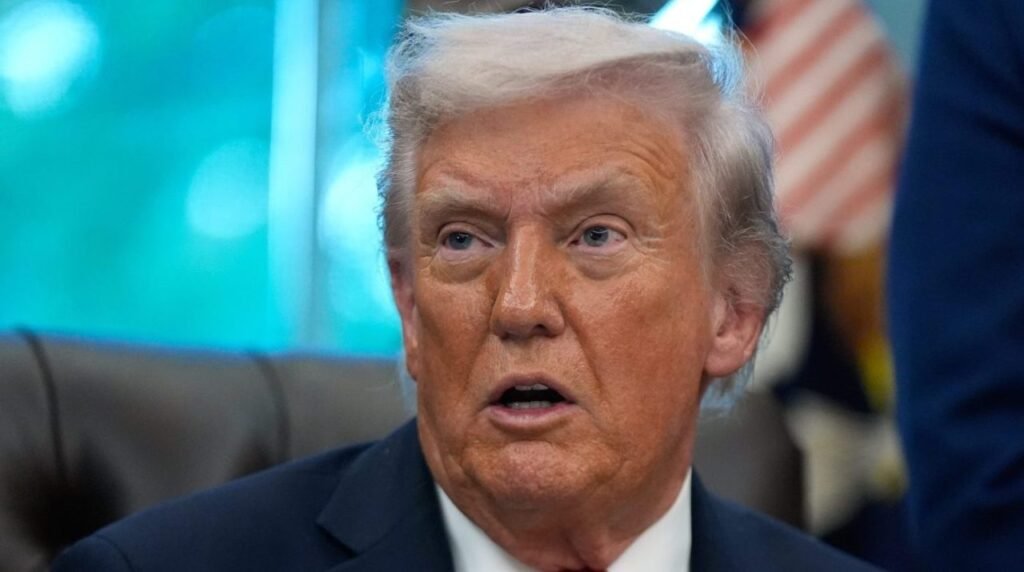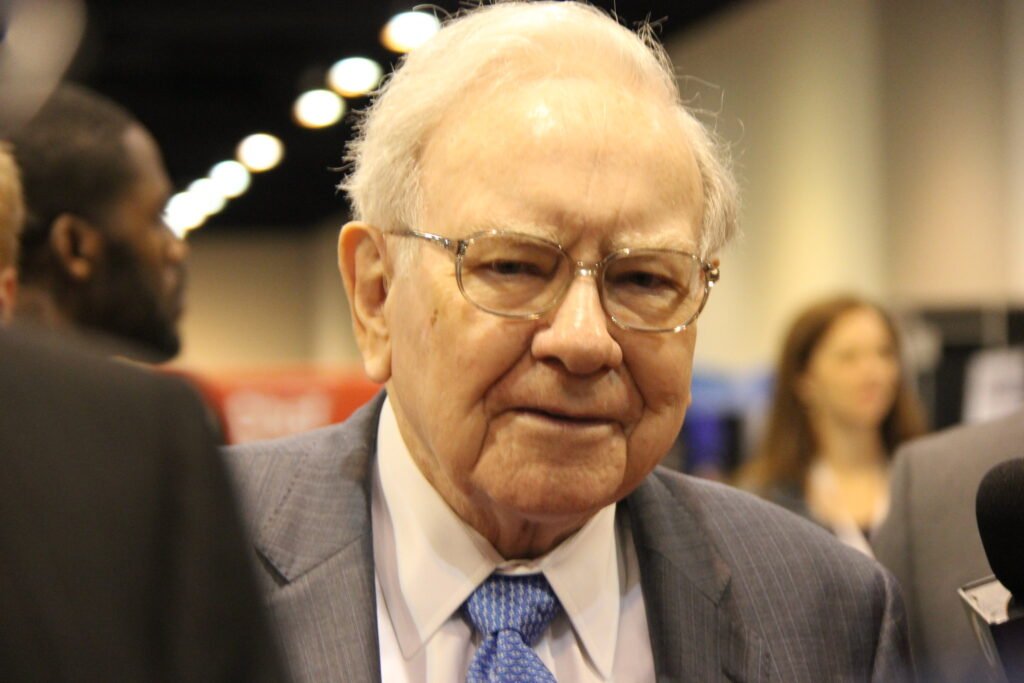
Researchers using A.I. to combat illegal fishing, automate plant identification, and track bird populations are getting a major boost from Jeff Bezos. The Amazon founder’s Bezos Earth Fund, his philanthropic commitment to fighting climate change, is donating $30 million to more than a dozen organizations that merge environmental science with cutting-edge technology.
As concerns mount over A.I.’s soaring energy demands and its contribution to emissions, the Bezos Earth Fund wants to show how the technology can also help mitigate climate impacts. “These projects show how A.I., when developed responsibly and guided by science, can strengthen environmental action, support communities and ensure its overall impact on the planet is net positive,” said Amen Ra Mashariki, director of A.I. at the Bezos Earth Fund, in a statement.
The grant is part of the AI for Climate and Nature Grand Challenge, an initiative launched in 2024 that will invest up to $100 million in A.I.-driven climate solutions. Earlier this year, the program awarded $50,000 grants to 24 different organizations. Fifteen of those will now receive up to $2 million each to scale their projects over the next two years, supported by mentorship and computing resources from partners including Amazon Web Services, Google and Microsoft Research.
Applying technology to climate issues is one of the Bezos Earth Fund’s core missions, alongside efforts in nature conservation, environmental justice, decarbonization and food system transformation. Bezos launched the fund in 2020 with a pledge to invest $10 billion in environmental initiatives by the end of the decade. So far, it has distributed $2.3 billion to more than 300 projects.
The Bezos Earth Fund is led by Tom Taylor, a former Amazon executive. Bezos serves as the fund’s executive chair, while his newlywed wife, Lauren Sánchez Bezos, has been its vice chair since 2023.
“A.I. can be a powerful ally to help make the world a better place,” said Sánchez Bezos in a statement. “These innovators, using A.I., are showing us new possibilities by reimagining how we grow food, protect wildlife and power our planet to make a true impact.”
Among the newly funded projects: Delft University of Technology is using neural networks to accelerate cultivated meat production; the Periodic Table of Food Initiative is developing an A.I. tool to generate healthy recipe suggestions; and the University of Leeds plans to use A.I. to convert food waste into microbial protein. Other grantees include the New York Botanical Garden, Yale University and the Wildlife Conservation Society.
The challenge’s overarching goal is to fuel technological innovations that push climate solutions into new territory. At Cornell University’s Lab of Ornithology, for example, researchers will use the fund to develop bioacoustic technology that monitors threatened species in biodiversity hotspots like Guatemala’s Maya Biosphere Reserve and Brazil’s Pantanal wetland.
“We need to figure out what’s causing the declines and how we can reverse them,” said Ian Owens, director of the Cornell lab, in a statement. “We can’t do that using traditional methods, and support from the Bezos Earth Fund will help us unlock exactly the kind of efficient, scalable approach we need.”








